I have been chewing on the idea of "free will" since I had a conversation with Mark Bennett last month. An abridged version of Mark's argument is presented in one of his blog postings: http://bennettandbennett.com/blog/2008/07/congratulations.html#comments
Mark raised the issue of Free Will and my initial response was to agree with him that there is none. Of course, as is my wont, pondering the question, I have waivered back and forth a dozen times. I can't decide if I have the power to decide if I have free will. Oh well.
I first resolved this issue in my mind in high school. I read Skinner's Walden Two and was persuaded that we become what we are because of heredity and environment.
I think I have been especially tolerant of other's foibles as a result of this view, but I am open to the possibility that I wanted to set the bar low for forgiveness for my own foibles. In this case, the philosophy would have followed the personal need, which of course would say less about the truth of the philosophy than the nature of the believer.
Other beliefs I have held, though at some times to me the pellucid truth at other times seem only a convenient justification for my shortcomings. I have often doubted the existence of hell, but was this because I could not face the prospects of finding myself there? I have long had socialistic tendencies, but has this arisen because of a suspicion that I have no knack for making money?
Anyway, determinism (at least by heredity and environment) has had its appeal for me. It helped me love people I was supposed to love although they were severely damaged human beings. It let me off the hook on my own damage.
My problem with determinism of the heredity and environment type is it appears to have lot in common with determinism of the Calvanistic, God has chosen us but not you people, type.
The Catechism of the Catholic Church endorses free will:
1704 The human person participates in the light and power of the divine Spirit. By his reason, he is capable of understanding the order of things established by the Creator. By free will, he is capable of directing himself toward his true good. He finds his perfection "in seeking and loving what is true and good."7
But the teaching of the Church seem to be more complex than this. As I recall my muddled reading of Augustine, he rejected free will. And I have previously written about Pascal's dispute with the Jesuits in which Pascal defends something very much like determinism.
Lord, why have you not blessed me with the environment and heredity to give me a better mind to figure this out? Or even prearranged environment and heredity would keep my friends who understand this better than I do alive and healthy and nearby, so they can explain it to me?
Mark Bennett says,
I’d like to congratulate the lawyers who prosecute, and the judges who sentence them, for the “choices” that they’ve made that put them at the top and my clients at the bottom. . . . and, for that matter, anyone else who is smugly self-righteous about his lot in life.
Generally, he views the determinists as tolerant and the free will crowd as intolerant. I'm not sure this is true. Even winning the argument that heredity and environment has put us where we are, what is to keep the winners in society from fighting to hold that position?
Saturday, August 9, 2008
Subscribe to:
Post Comments (Atom)
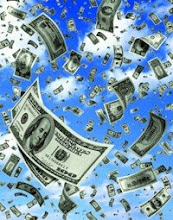
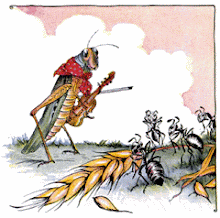








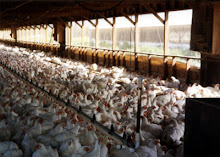




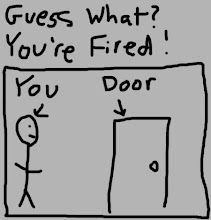










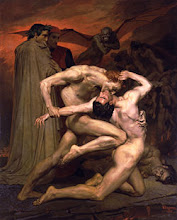_-_Dante_And_Virgil_In_Hell_(1850).jpg)



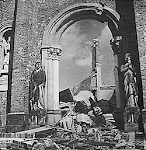







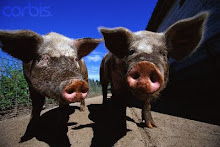



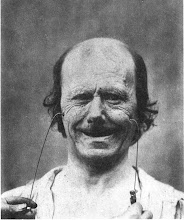
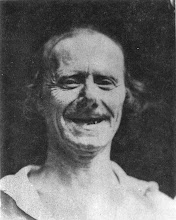


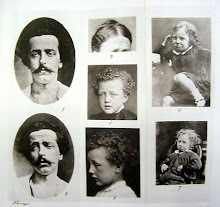





















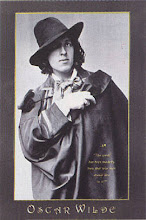
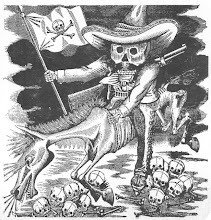












1 comment:
I read the discussion you pointed to on M. Bennett's blog and added the following comment:
An interesting discussion, but why is anyone making assertions and claiming them to be absolute? I look on both points of view, free will and determinism, as useful hypotheses: one explains one set of data sets and the other another group of sets.
I have a similar regard for so-called liberalism and conservatism--it's useful to regard a problem from both the perspective of the larger group and from the individual point of view.
It's also useful for me to regard any conclusions I make as tentative, subject to revision in the face of new or previously undisclosed data.
Among other things, when I can manage this dualism, it helps me maintain a little humility as a rather small data point in a rather large universe.
Post a Comment